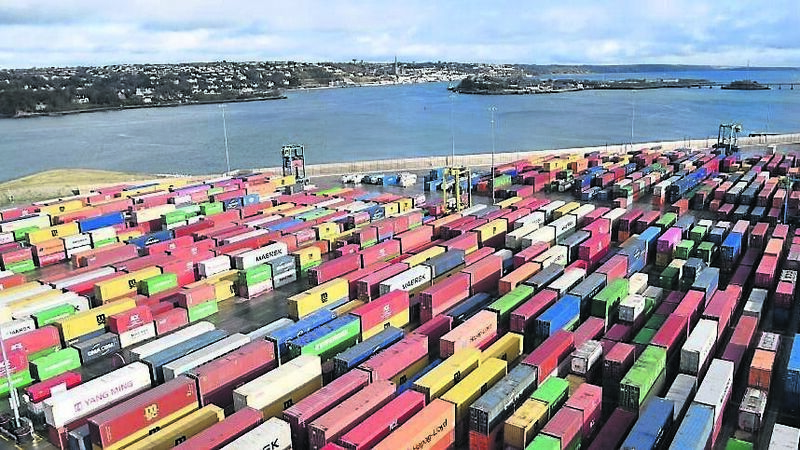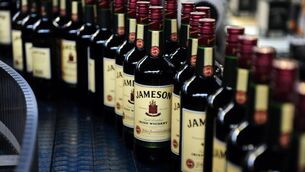John Whelan: Businesses search for a way forward after tariff cluster bomb

Regardless of the many manoeuvres businesses try, there will inevitably be added costs and likely US customer losses. Picture: Dan Linehan
The global tariff announcement caps a tumultuous two-and-a-half months since Donald Trump’s return to the White House. The tariff cluster bomb released in the Rose Garden hits friends and foes in different measures.
The UK managed to avoid the higher 20% tariff levied on all EU goods geared for sale to the US. The lower 10% tariff will certainly give a boost to UK companies, making it a key transit destination for many Irish-based and EU companies who have subsidiaries there and may be able to avail of the lower tariff.











